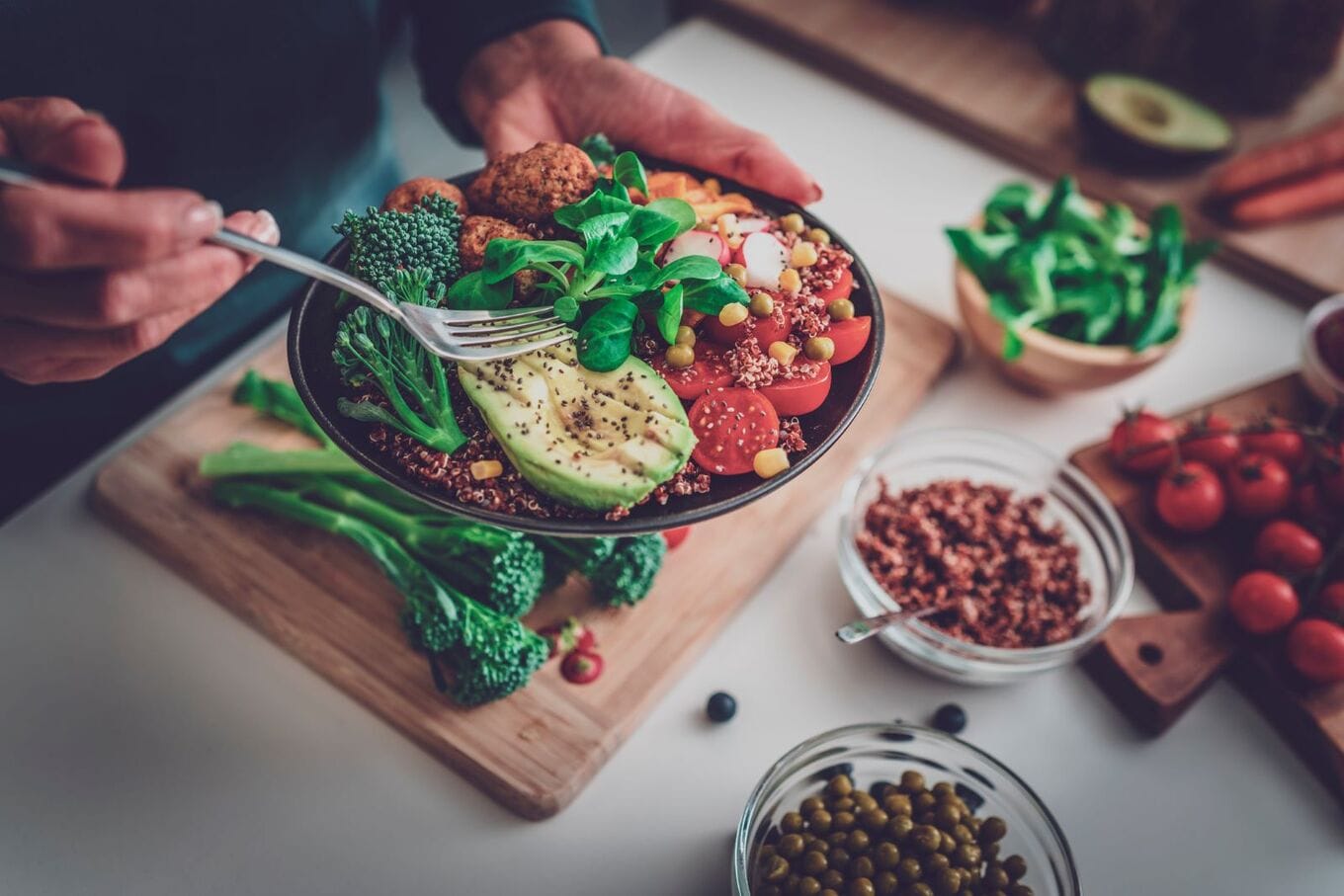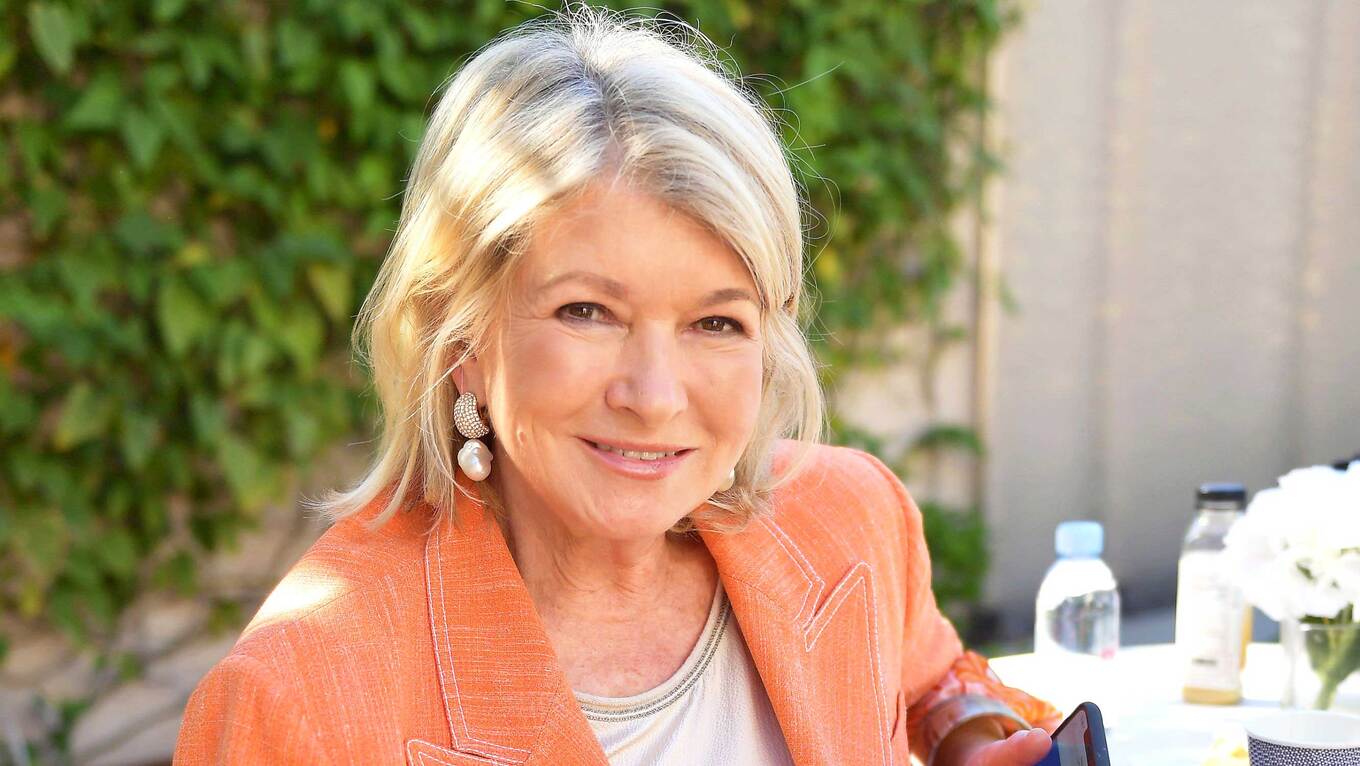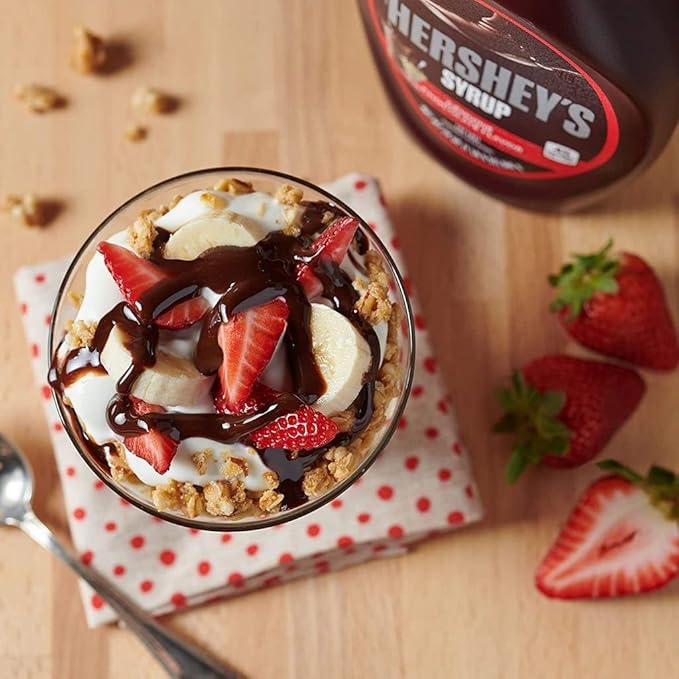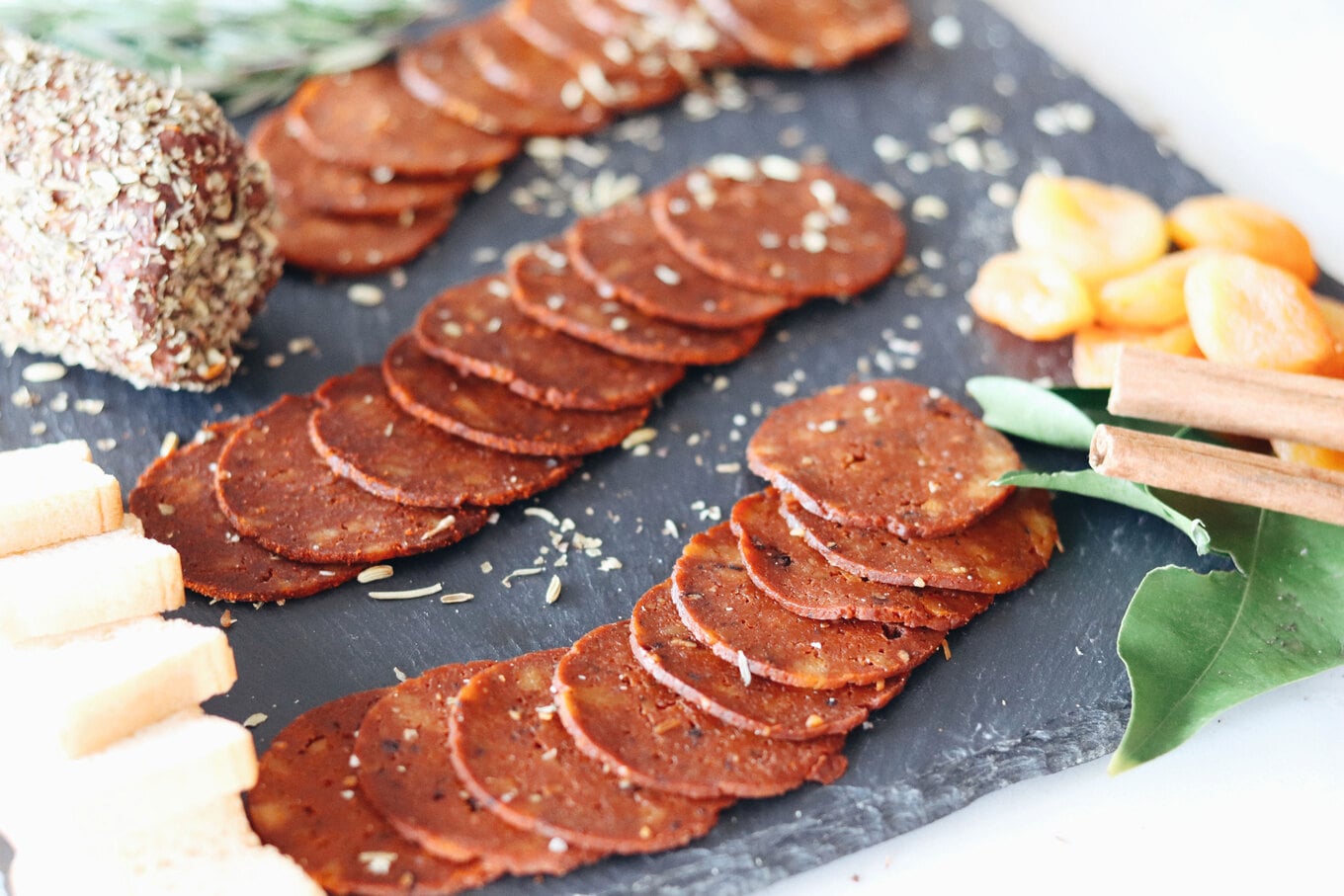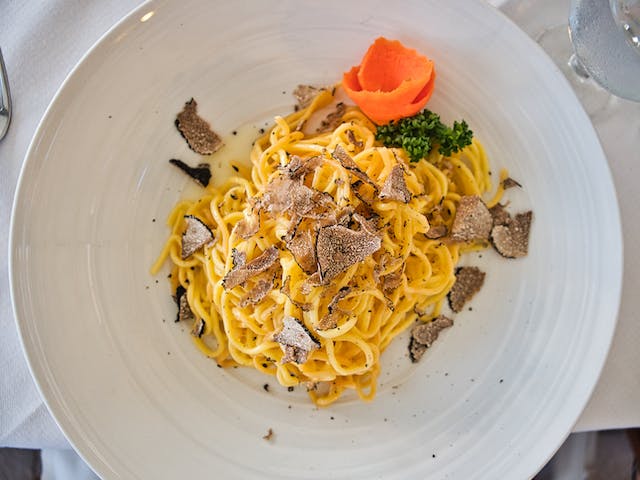In the quest for longevity and health, the concept of Blue Zones—areas where people live significantly longer lives—has captured global attention. Exercise, social interaction, and a focus on plant-forward eating are common traits of the five global Blue Zones, namely Sardinia, Italy; Okinawa, Japan; the Nicoya Peninsula in Costa Rica; Ikaria, Greece; and Loma Linda, CA in the US.
Could new Blue Zones emerge in the United States? Insights from Forbes Health and HappyCow are pointing to three US cities where the Blue Zones habits echo those of locales where people tend to live the longest. The cities with emerging Blue Zones, and where plant-based fare is king, are Los Angeles, CA; Portland, OR; and New York City, according to the insights.
Table of Contents
Common traits of Blue Zones
The methodologies of Forbes Health and HappyCow, while distinct in their focus, share a common theme in evaluating factors that contribute to healthier and more sustainable living environments.
Forbes Health’s approach is centered on identifying potential Blue Zones within the US by examining a range of lifestyle factors, including the availability of plant-based foods, levels of physical activity, community engagement, sleep patterns, life expectancy, and the presence of centenarians.
Bruna Bronco/Pexels
HappyCow, on the other hand, specifically targets the vegan-friendly nature of cities by assessing the density and variety of vegan businesses, including restaurants, shops, and bakeries, within a 10-kilometer (6.2-mile) radius of city centers.
The growth of vegan businesses and qualitative factors such as the ease of finding vegan options and the city’s overall engagement with veganism are also crucial components of HappyCow’s evaluation.
The overlap in these methodologies suggests a significant link between the rise of vegan-friendly cities and the characteristics of Blue Zones. Both approaches recognize the importance of plant-based diets in promoting health and longevity.
“Whether you’re already embracing a vegan lifestyle or just beginning to explore it, we strongly advocate for supporting local vegan enterprises,” HappyCow founder Eric Brent said in a statement. “These top cities boast a remarkable array of delicious, compassionate, and healthy cuisine.”
Los Angeles: a vegan haven in California
In Los Angeles, the vegan scene, despite a 27 percent decline in the number of vegan businesses since HappyCow’s last report in 2022, continues to be vibrant and diverse. The city boasts 61 fully vegan restaurants, alongside a total of 145 vegan businesses, and 652 vegan-friendly listings on HappyCow.
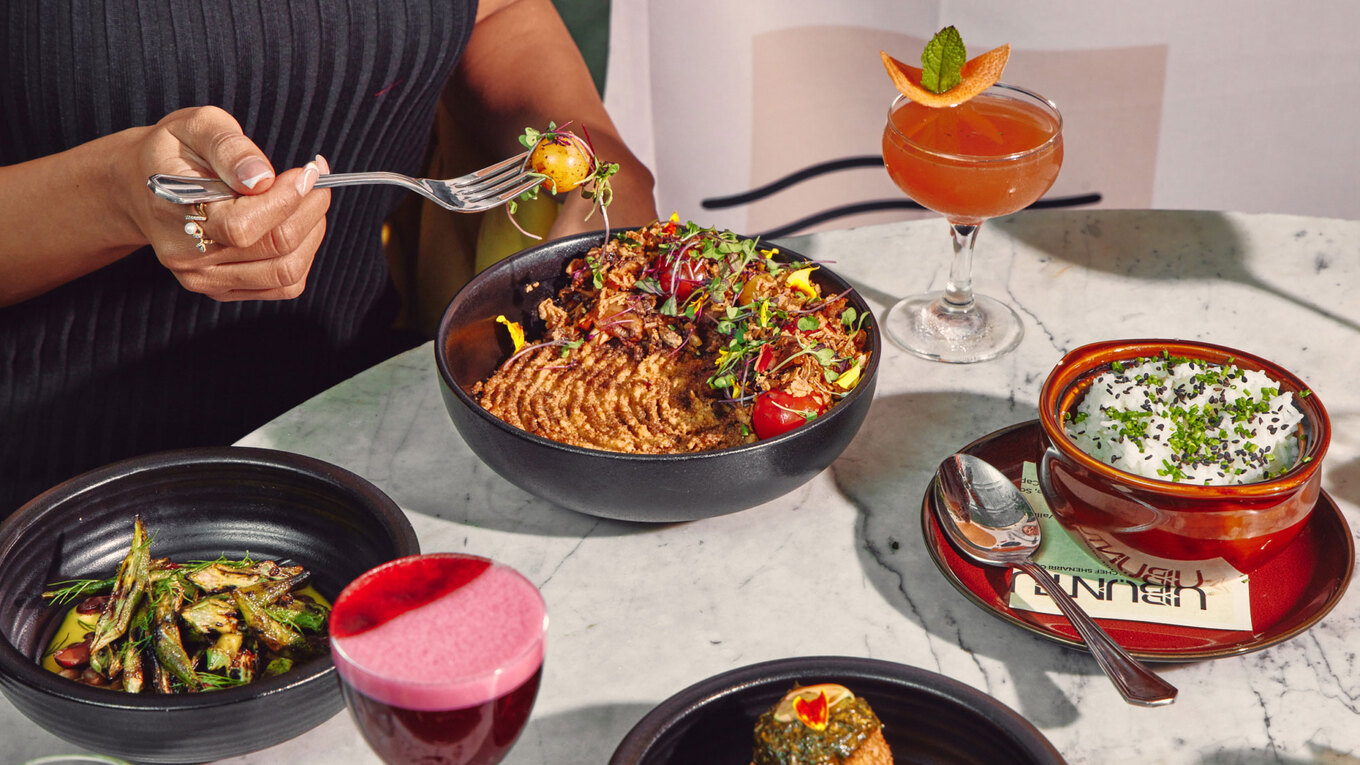 Ubuntu
Ubuntu
New establishments in 2023 include Ubuntu, a vegan West African restaurant from NYC transplant chef Shenarri Freeman, and The Moody Vegan, a bakery and café. Upscale dining options such as Shojin and Crossroads Kitchen offer luxurious plant-based cuisine, while affordable options like Señoreata and Malinalli Superfoods cater to budget-conscious consumers.
Unique spots such as Justine’s Wine Bar, Vegan Playground, and Besties Vegan Paradise exemplify the city’s rich and varied vegan offerings. Despite the geographic spread of these options, Los Angeles maintains its reputation as a vegan haven.
Moreover, new additions such as Hart House (owned by comedian Kevin Hart) continue to bring a celebrity flare to LA’s plant-based food scene.
“Los Angeles has a vibrant vegan community, hosting regular events like Vegan Playground, The Vegan Exchange, and Plant-Based Pop Up, all friendly places for vegans to connect,” Cebuliak, Head of Marketing at HappyCow, tells VegNews.
Despite California’s ranking at the tenth place in Forbes Health’s list, largely due to its lower walkability score and higher percentage of inactive adults, Los Angeles shines in its number of vegan and vegetarian restaurants.
The state’s commitment to plant-based eating, Forbes Health found, is evident in its 755 vegan and/or vegetarian establishments, signaling a shift towards the dietary patterns celebrated in Blue Zones.
Portland, OR: a pioneer in the sustainable vegan lifestyle
Portland, making a comeback on the 2024 list of the world’s most vegan-friendly cities, showcases a high density of vegan establishments relative to its population. The city features 53 all-vegan restaurants, 102 vegan businesses, and a total of 574 listings on HappyCow.
 Chubby Bunny PDX
Chubby Bunny PDX
Among the newest additions in 2023 are breakfast truck haven Chubby Bunny, cocktail resto-bar June, and XO Bar, serving Southeast Asian-inspired cuisine. Feral offers an upscale dining experience with a focus on foraged and wild food. Affordable dining options include Speed-o Cappuccino and Daily Fuel.
Unique destinations such as El Salto PDX (serving Venezuelan comfort foods); Baby Ketten Klub (a vegan karaoke bar); and Ice Queen (a frozen dessert bar) highlight Portland’s diverse and thriving vegan culture.
“Portland stands out globally for its high density of vegan businesses, including bakeries, shops, and other vegan venues, having one for every 6,000 people,” Cebuliak says.
In line with the Blue Zone criteria, the state of Oregon—where Portland is the largest city—ranked seventh in Forbes Health’s analysis, primarily due to its high number of vegetarian/vegan restaurants, which comes to approximately 23 per million residents.
Additionally, the state’s emphasis on adequate sleep, with 68 percent of adults getting seven hours of sleep per night, plays a crucial role in overall health and longevity.
New York City: a melting pot of vegan diversity
This year, HappyCow’s list has expanded to include 20 top vegan cities and New York City comes in at number 15—a dip from previous years as new cities, such as Hamburg, Germany and Lisbon, Portugal move in on top spots, Cebuliak explains.
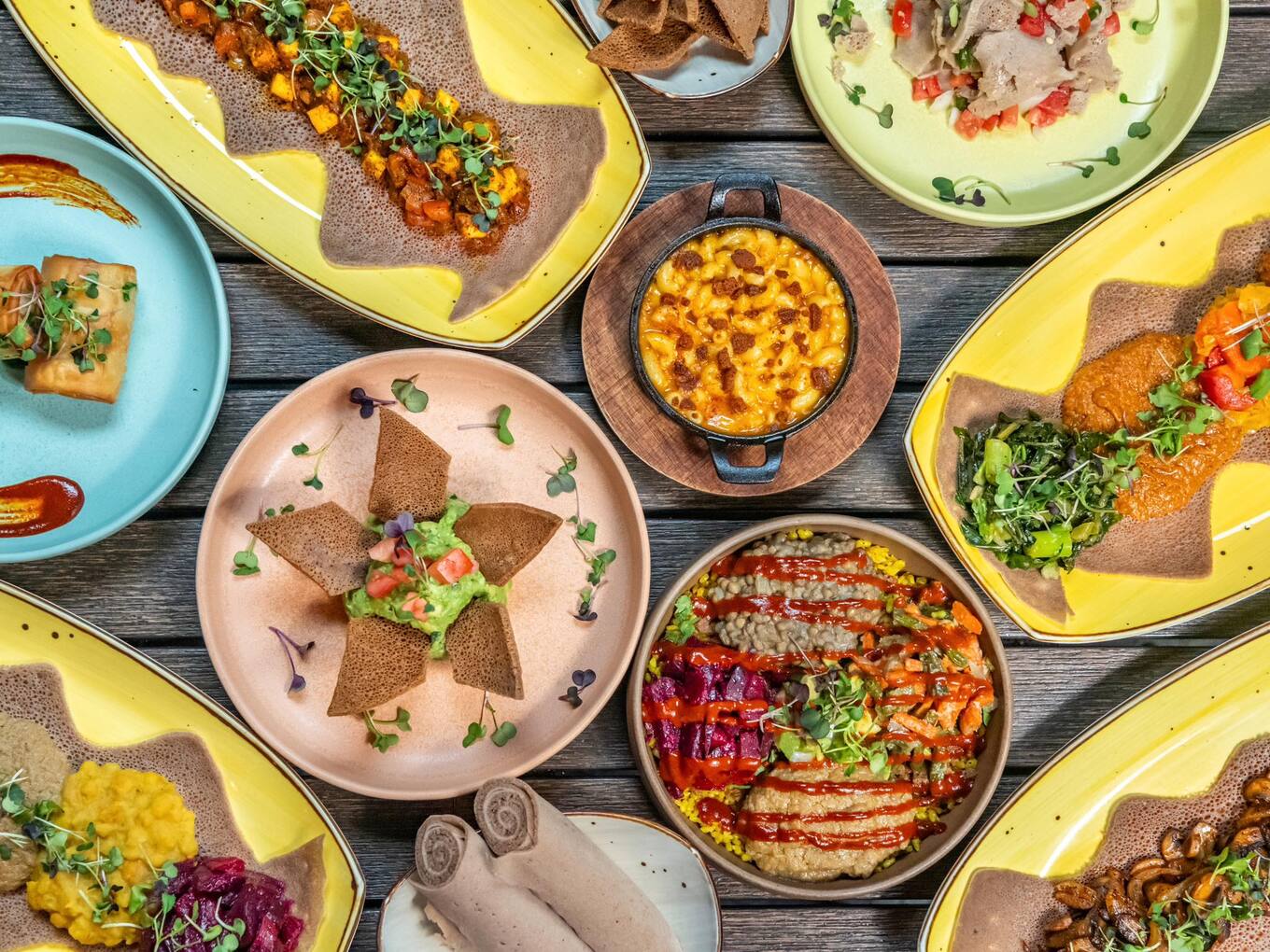 Ras Plant Based
Ras Plant Based
Often hailed as the international food capital, NYC still offers an astonishing variety of plant-based options. Eateries such as P.S. Kitchen, Ras Plant Based, Aunt Et Uncles, and May Kaidee highlight the diversity, serving everything from artisanal plates and authentic vegan pizza to the finest Thai cuisine. The city’s commitment to veganism doesn’t stop at restaurants. Vegan bakeries, including Erin McKenna’s Bakery and Rawsome Treats, are becoming staple destinations for those seeking plant-based indulgence.
NYC is where to get your vegan fast-food fix, too, with options such as Neat Burger, Slutty Vegan, and PLNT Burger all available to residents throughout the city.
Forbes Health’s analysis found that approximately 15 percent of New Yorkers meet their daily fruit intake, and 14 percent meet their vegetable requirements, surpassing national averages. The city’s high walk score, indicative of pedestrian-friendly environments, aligns with the Blue Zone characteristic of natural movement, promoting daily physical activity in urban life.
One added health bonus here is that the city’s mayor, Eric Adams, has been on a plant-based journey since 2016 and has implemented several initiatives in schools and hospitals to make plant-based eating more accessible and appealing to New Yorkers.
Future Blue Zones
In New York, Los Angeles, and Portland, the growth of the vegan lifestyle mirrors the traits—first identified in 2004 by National Geographic fellow Dan Buettner—that Blue Zones have in common such as diets heavy in plant-based foods, natural physical activity, strong community ties, and stress reduction techniques.
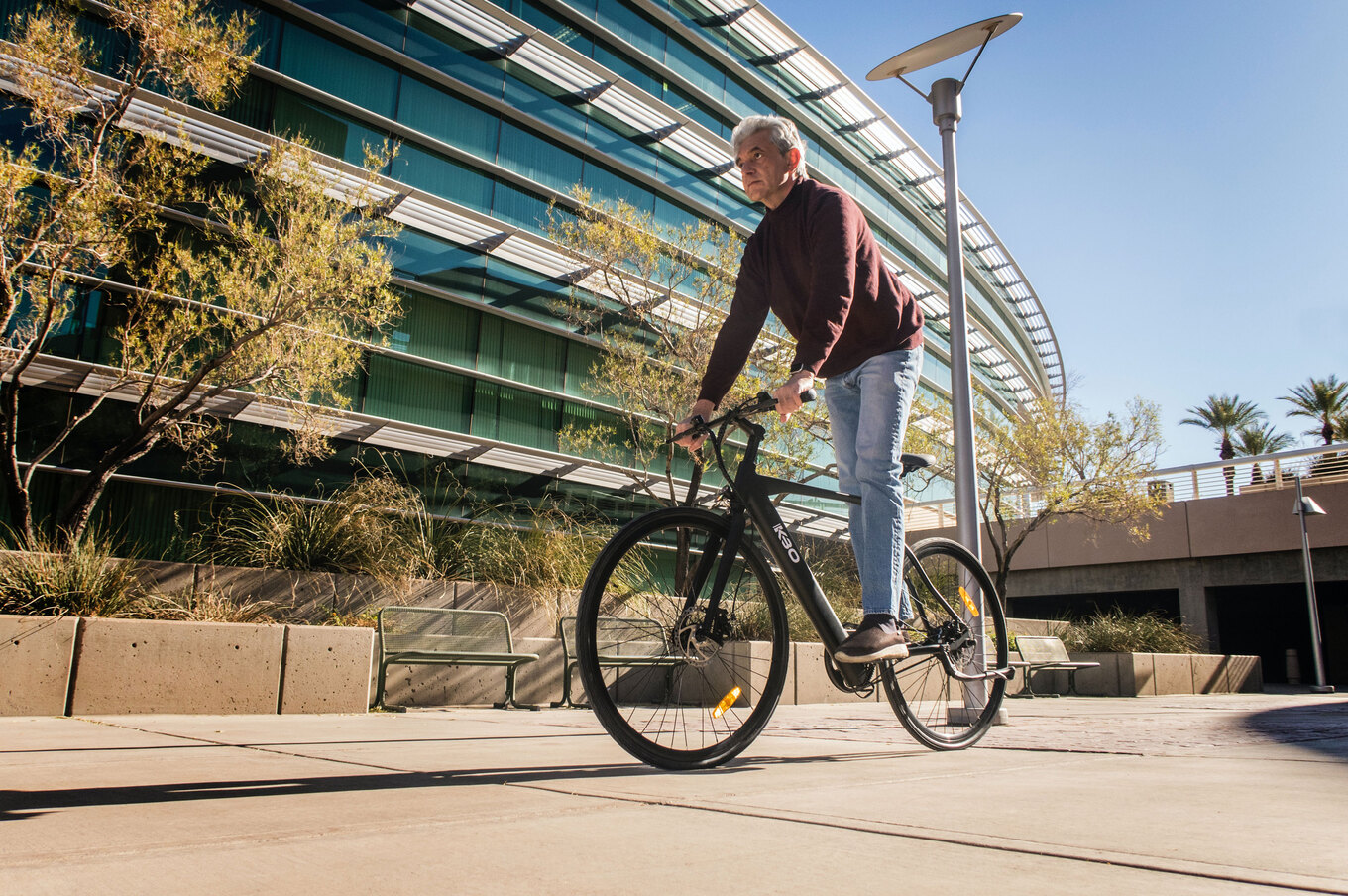 KBO Bike/Unsplash
KBO Bike/Unsplash
As such, the availability and accessibility of plant-based foods in these cities reflect a deeper understanding of health and the environment. The emphasis on natural movement aligns with the Blue Zone principle of incorporating physical activity into daily life.
Moreover, the sense of community, particularly evident in the strong vegan scenes of these cities, echoes the social connectedness observed in Blue Zones.
“Blue Zones exhibit a holistic approach to living at the intersection of diet and lifestyle,” Cebuliak says. “In this regard, Portland and Los Angeles could be considered leaders in North America for their plant-based food accessibility and supportive vegan communities.”
In addition to New York, California, and Oregon, Forbes Health also points to Vermont, Massachusetts, Connecticut, Rhode Island, New Hampshire, Hawaii, and Maine as states with the highest Blue Zone traits. Outside of the US, HappyCow has named Lisbon, Bangkok, Paris, Hamburg, Amsterdam, Barcelona, Berlin, and (its top city) London as leaders in plant-based food options.
“It’s encouraging to observe a growing mainstream trend towards vegan options in urban areas, building momentum as more people relate their health, the environment, and animal welfare to their plate,” Cebuliak says.
“We believe this has the potential to catalyze significant lifestyle shifts, with plant-based eating becoming a default choice for many,” Cebuliak says. “This could lead to a collective improvement in health outcomes and a greater public consciousness regarding sustainable living.”


